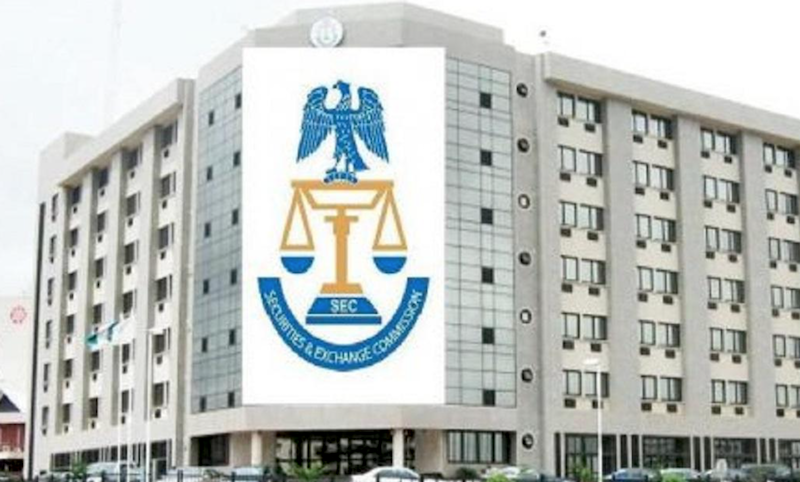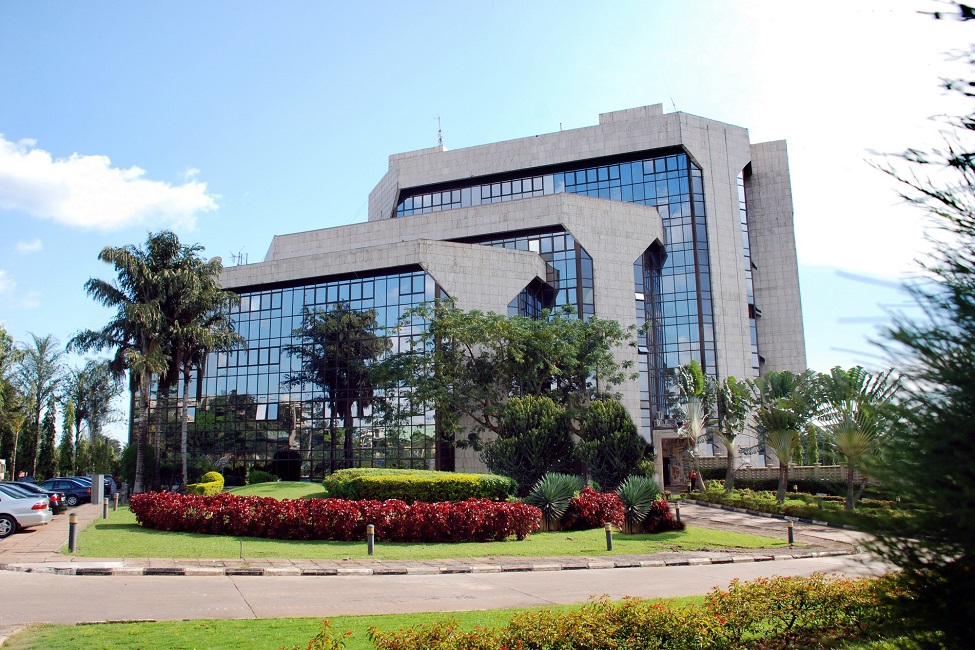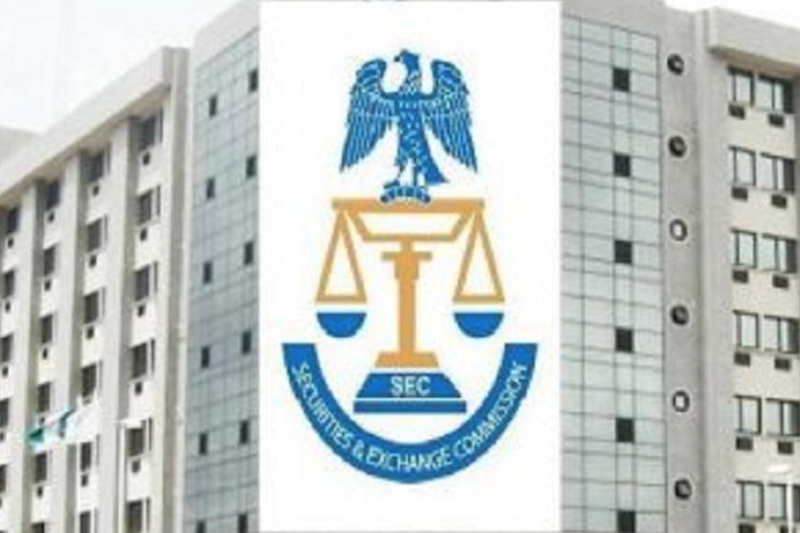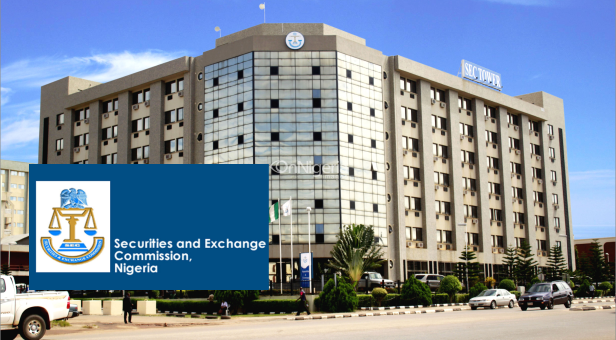Multiculturalism in England, Ireland and Scotland has produced new leaders of Asian origins. This ideal is celebrated worldwide as progress and a symbol of a more fantastic future where the emphasis will be placed more on unity in diversity than discrimination of the old era. The power of this new development is not lost on people. Rishi Sunak, a Hindu whose parents are of South Asian background but migrated to the UK from Africa, became the first British Prime Minister of a minority ethnic background; Sadiq Khan, a Muslim and son of a Pakistani immigrant, is the Mayor of London; Humza Yousaf, also of South Asian heritage is the First Minister of Scotland. These three are the most powerful and influential leaders in Britain. In Ireland, Leo Varadkar, the current Taoiseach and leader of the Irish government in Dublin, has Indian heritage. The dominance of Asians in the British and Irish political establishment is very evident and a signpost of the importance of an ethnic-blind approach to politics that recognises and rewards capacity, character, and competence over racial identity.
It is a significant advancement that they elected these leaders in a way that suggests racial and ethnic impediments were insignificant.
This new political ideal has seen the rise of South Asia as the world’s leading incubator of human capital, especially in great western power blocs in Europe and the USA (Vice President Kamala Harrisis of South Asian heritage). What does this new wave of rise in the presence of people of Asia background in the highest corridors of power in Britain and the USA mean for Nigeria? Apart from just celebrating these successes, what lessons can Nigeria draw from these events?
These events underscore the importance of human capital development in the struggle for power in a modern democracy that is defined by not just numbers alone but merit.All these leaders are products of excellent education. Current leaders are like CEOs of great companies, and increasingly, the electorate demand that their leaders have the requisite skills, abilities, and competence to lead them. A significant prerequisite is excellent education and professional experience. These leaders are highly educated and have proven competence.
Many Nigerians are relocating abroad in search of greener pastures. Nigerians quickly gain a strong reputation in their quest for knowledge and doggedness in working to achieve their dreams in the various countries they travel to. Universities and colleges in western countries have many Nigerians open to pursuing higher education to better their lots in their host communities. Today millions of Nigerians live abroad; the most prominent communities are the United Kingdom (500,000–3,000,000) and the United States (600,000–1,000,000). Other countries that followed closely were South Africa, Gambia, and Canada.
Nigerians in the diaspora must put great emphasis on the education of their children. Education is still the most excellent tool for social and political upliftment. We are seeing great rewards abroad, where most Nigerian diasporans dominate the medical and financial management sectors. These gains will soon translate to political advantage, especially in countries where children of these first-generation migrants, born citizens of these countries, may go into politics and compete favourably with locals. One day, we may get a leader of a western democracy with a Nigerian heritage.
It is a new world. Societies are becoming more diverse, and developed countries are consciously courting diversity through immigration liberalisation. Canada, for example, is working to welcome 1.5m immigrants by 2025 to strengthen its economy. The USA has a long history of welcoming immigrants from all parts of the world . Germany will have received 13 million immigrants by 2023. Australia and Switzerland have very liberal immigration policies to attract the best talents from all over the world.
Diversity and plurality have their advantages in a democracy and development . Nigeria is one of the most internally diverse and plural states in Africa. With over 200 million people from over 300 ethnic groups and languages, Nigeria has a rich socio-cultural heritage to benefit from. This is an advantage, although we focus on the negatives. A diverse democracy explores the benefits of all groups and taps into the best. It is a game of numbers but centres on a merit-based system that rewards hard work and productivity above other considerations. Our plurality allows us to search for and get the best among us to lead our society . This creates an egalitarian society with equality in diversity, where we deploy all talents and skills for the good of all.
A diverse democracy like ours explores the benefits of all groups and taps into the best. The dividends of democracy are evident when we harvest the best from our diversity, and the benefits accrue to everybody. At least, this is the hope of our founding fathers, who accepted democracy as the best form of government for a diverse Nigerian state. This hope is still flickering, and often we see its light shine brighter when Nigerians come together as one in international sports and other engagements, irrespective of the various ethnic nationalities that make it up.
However, recently, some of the progress we have made as a nation regarding ethnic harmony has eroded. Ironically, we now negate our natural internal diversity by resurrecting ethnic divisions. We are all willing to celebrate Scotland, Ireland and England’s successes, but we are going the opposite path in our country and expect an egalitarian society. The last election unnecessarily brought untold division, crass nepotism and ethnicity to the fore. Instead of focusing on the merits of voting competent, knowledgeable, and skilful leaders, ethnic bigotry became commonplace.
Fortunately, in white-dominated western democracies, people of minority ethnic origins are becoming leaders based on their competence and leadership abilities, but in Nigeria, we are still hung up on the issue of the ethnicity of the leaders. We are allowing primordial ethnic sentiments and rivalries to becloud our judgement. It does not matter the ethnicity of a leader as much as that leader has what it takes to bring positive societal development. Even if a leader comes from an ethnic group with a minor population in the country, it does not matter, especially if the leader is visionary and transformational. That is what Nigeria needs. When will we get to a merit-based society where anyone can succeed in Nigeria through hard work, determination, and the power of ideas?
The ethnic tensions as a fallout of the last election are not necessary, and it beggars belief that at this point in the Nigerian experiment, we are still bugged down with crass nepotism when the world, as seen in the western democracies, has moved on, and are actively encouraging and celebrating diversity and the gains it brings. Instead of focusing on utilising our diversity to our more significant advantage, we are busy preaching the gospel of ethnic superiority . This is a recipe for disaster. Nigeria will never achieve its potential if we continue this way.
We must learn from Britain, Ireland, the USA, and other western democracies that have found ways of gaining from their diversity. These countries court the best, attract them, and harness their incredible talents for development. We must create an enabling environment that rewards meritocracy, not mediocrity – mainly based on ethnicism. We must eschew all forms of divisions and celebrate everything that brings us together as one big Nigerian family. The marginalisation of any group based on ethnic or religious sentiments is a cankerworm that will destroy the fabric of our society.
Diversity management for optimum national benefit has emerged as a critical urgent task for the new government. President- elect Bola Ahmed Tinubu and VP-elect Kashim Shettima have shown that they understand diversity management at different times. In their previous roles as governors, they led inclusive governments that harnessed the potential of all within their states to develop them. They have enviable records of identifying talents and people with capacity, irrespective of which part of the country they come from, which ethnicity they are or their religious sentiments, to work with them to improve the lives of Nigerians living in their states. In their personal lives, they have shown that they are not ethnic bigots but champions of egalitarianism in Nigeria.
Their winning sent a clear message that your ethnicity, religion, and faith are not barriers to leading the country we call home. I implore the incoming new administration to pay attention to reinforcing our multiculturalism and pluralism. Although enshrined in our constitution, our diversity is under constant threat, and various non-state actors ply multiple strategies and tactics to divide us. The new government must tackle this anomaly and restore hope in our society. Nigerians must be free to live, work, vote and be voted for in any part of Nigeria. Every Nigerian who is qualified to vote must be entitled to his/ her choice. This administration must enthrone merit, high-quality standards, and good leadership to kick-start our growth as a nation. It must invest heavily in human capital development as the bedrock and foundation on which we anchor the development of Nigeria.





